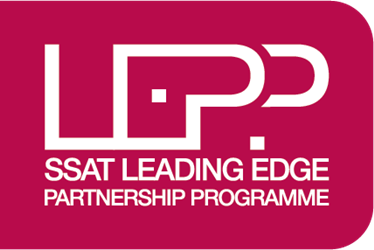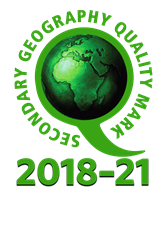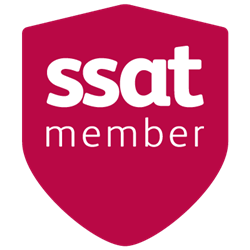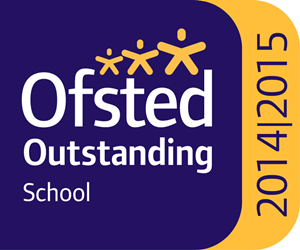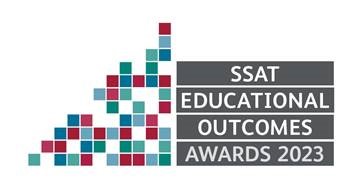A Level French
Entry Requirements: Grade 6 in GCSE French
Exam Board: AQA
Course content:
The course will enable students to:
- develop and build on the skills acquired at GCSE · enhance employment prospects · facilitate foreign travel · gain an insight into another culture and society · gain a sound basis for further study, due to the film and literature focus
Course Content
A-level Aspects of French-speaking society: Current trends · The changing nature of family. · The ‘cyber society’. · The place of voluntary work.
Artistic culture in the French-speaking world · A culture proud of its heritage. · Contemporary francophone music. · Cinema: the 7th art form Literary Texts and Films · L'étranger · La Haine
Grammar: A-level students will study the grammatical system and structure of the language. The end of course exams will test their use of accurate grammar and structures appropriate to the tasks set, drawing from the lists in the specification.
Assessment
A-Levels will be linear; students will sit all exams at the end of the two-year course.
Paper 1: Listening, reading and writing, translation into English, translation into French. Written exam: 2 hours 30 minutes; 100 marks; 50% of A-level.
Paper 2: Writing: Two books from the list of set texts in the specification or one book from the list of set texts and one film from the list in the specification. Written exam: 2 hours; 80 marks; 20% of A-level.
Paper 3: Speaking: Individual research project; Knowledge of one of the sub-themes Speaking test: 21-23 minutes (including 5 minutes’ preparation time at the start of the test); 60 marks; 30% of the A-level
Picture 10 – A Level Geography - with image
When you click on the image you get linked to the following:
Entry Requirements: Grade 6 GCSE Georgraphy
Exam Board: AQA
Course content:
Unit 1: Physical Geography Section A – Water & Carbon Cycles Section B – Hot Deserts OR Coastal Environments Section C – Hazards OR Ecosystems OR Cold Environments
Unit 2: Human Geography Section A – Global Systems & Global Governance Section B – Changing Places Section C – Contemporary Urban Environments or Population and the Environment OR Resource Security
Unit 3: Geographical Investigation Students complete an individual investigation which must include data collected in the field. The individual investigation must be based on a question or issue defined and developed by the student relating to any part of the specification content. The investigation must be completed independently (although this does not necessarily require students to complete data collection alone.) Teachers will be available for consultation about what is an appropriate focus for the investigation. Fieldwork Requirements: 4 days of fieldwork which covers both Human & Physical Geography
Key Skills
As well as covering advanced level study of Geography, this course will enable you to develop some key skills, which will be essential to you whatever you go on to do afterwards. The key skills you can develop during this course are:
- Understanding the nature and use of different types of information · Collecting, analysing and interpreting information · Undertaking informed and critical questioning · Identifying and using appropriate data reporting and presentation skills · Communicating and evaluating findings · Drawing well-evidenced conclusions informed by wider theory · Statistical skills · Graphical skills · Literacy skills · ICT skills · Cartographic Skills
Assessment
Students sit the following exams at the end of the 2 year programme
Unit 1: Physical Geography Written exam -2hr 30 96 marks 40% of A Level Question types: multiple-choice, short answer, levels of response and extended prose
Unit 2: Human Geography Written exam -2hr 30 96 marks 40% of A Level Question types: multiple-choice, short answer, levels of response and extended prose
Unit 3: Geographical Investigation 3,000–4,000 words 35 marks 20% of A-level marked by teachers; moderated by AQA
Career Value
Geography can be used for a wide range of jobs including advertising, agriculture, banking, cartography, commerce, education, engineering, environmental management, estate agency, finance, horticulture, journalism, law, local government, marketing, meteorology, planning, public relations, radio, retailing, sales, social and health services, surveying, transport, travel, tourism, TV. It is widely recognised that Geographers are one of the most employable graduates due to the wide range of transferable skills developed throughout its study.
2 Year Programme
Year 12: · Changing Places (Unit 2) · Coastal Systems (Unit 1) · Hazards (Unit 1) · Fieldwork & NEA prep (Unit 3)
Year 13: · Water & Carbon Cycle (Unit 1) · Global systems and global (Unit 2) · Population & environment (Unit 2)


